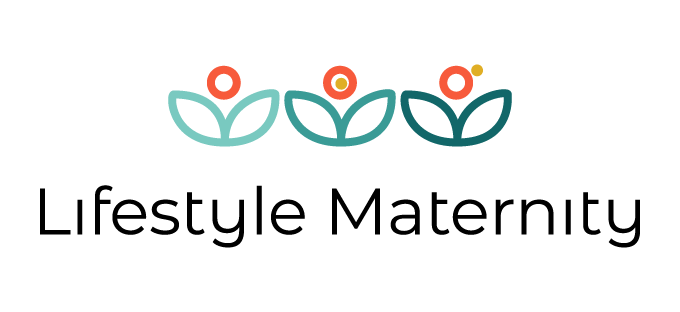Do I need to supplement choline during pregnancy?
Choline is a vital nutrient often overlooked, yet crucial during pregnancy for both mother and developing fetus.
Many people are starting to suggest that pregnant women need to supplement choline. Why is it suddenly on everyone’s radar? And do women really need to supplement this nutrient in pregnancy?
First, what IS choline and WHERE is it found in food?
Choline is a precursor for a number of compounds including the neurotransmitter acetylcholine and membrane constituents (including phospholipids and sphingomyelin, and betaine).
Benefits of choline in pregnancy
- Neural Tube Development: Choline plays a critical role in the formation of the neural tube, the embryonic structure that eventually develops into the brain and spinal cord.
- Brain Development: Choline is a key component of acetylcholine, a neurotransmitter essential for brain development, memory, and learning.
- Liver Health: Choline aids in liver function, including metabolism and transport of lipid and cholesterol (blood fats).
Food sources of choline
Choline is widely distributed throughout the food supply, mostly in the form of phosphatidylcholine in membranes. Choline is found in a variety of foods, including:
- Animal Sources: Meat, fish, poultry, dairy, and eggs.
- Plant Sources: Leafy green vegetables (spinach, kale), broccoli, Brussels sprouts, and legumes (beans, lentils) as well as potatoes.
How much choline do I need in pregnancy?
The Adequate Intake* level of daily choline intake for pregnant women is 440 milligrams.
To supplement, or not to supplement, that is the question.
Currently, one of the reasons there is a lot of chat about choline is that the Australian Egg Board are running a great promotion. Hats off to them – eggs ARE a great source of this nutrient and they have produced a lovely website!
Other people are recommending choline supplementation as it’s being said that it is ‘hard’ to get from the diet.
However, we need to think before we supplement.
Dietitians take a food first approach and only recommend supplementation when guidelines recommend it. This is usually when there have been sufficient studies of poor intake AND difficulty obtaining a nutrient from the food supply.
One of our dietary guidelines is ‘eat a wide variety of nutritious foods from the five food groups’ as we know that different foods provide different types and amounts of key nutrients. This balance and variety can be lost when someone just pops a pill. There may also be unforeseen consequences of relying on supplements in pregnancy.
Key takeaways
Choline is an essential nutrient with significant benefits for both mother and fetus during pregnancy. By incorporating choline-rich foods into their diet, pregnant women can take proactive steps to support the healthy development of their baby.
The role of an Accredited Practising Dietitian in pregnancy is to assist women in selecting a more nutritious, whole food diet. Please reach out if you would like help assessing the quality of your diet in pregnancy.
*AI (Adequate Intake) (used when an RDI cannot be determined) The average daily nutrient intake level based on observed or experimentally-determined approximations or estimates of nutrient intake by a group (or groups) of apparently healthy people that are assumed to be adequate.
Image description: Poke bowl with cut hard boiled egg, radish, avocado, pickled cucumber, tomatoes and greens on a wooden table. Flowers are in the bottom left-hand corner next to a small bowl with pepper.
Image credit: Photo by Brooke Lark on Unsplash




 Find us on
Find us on
